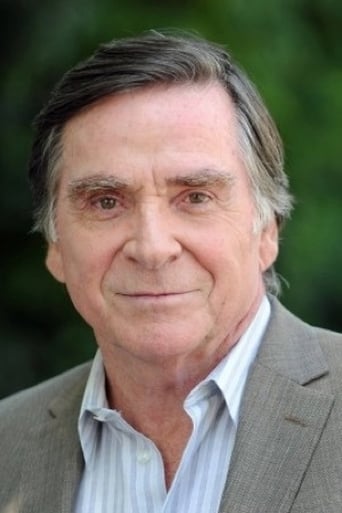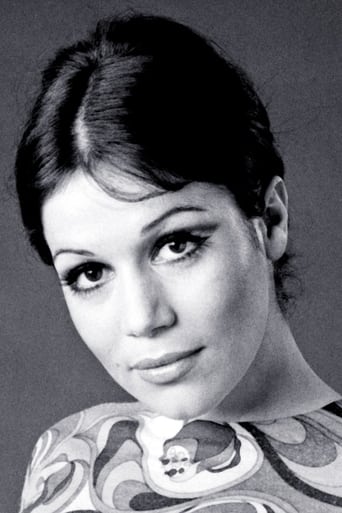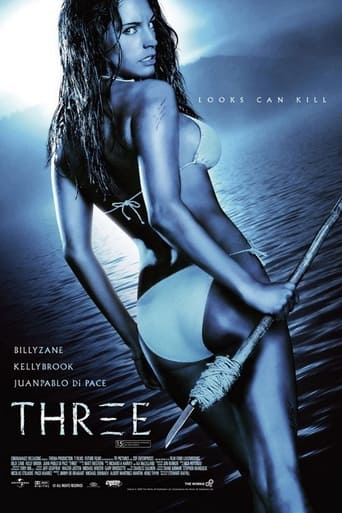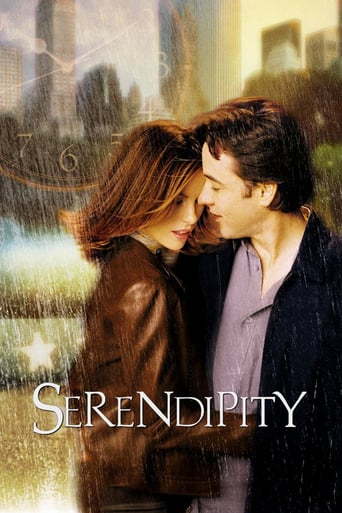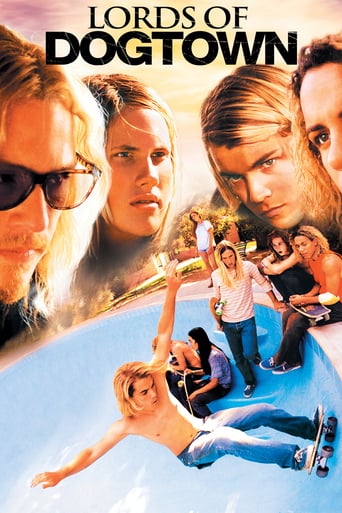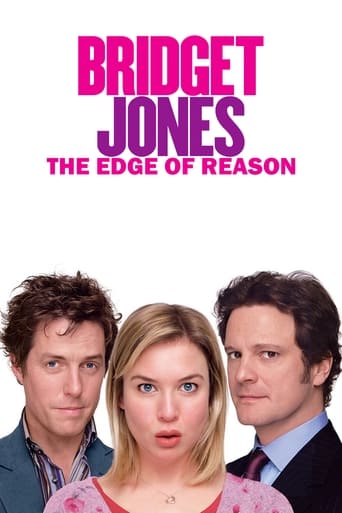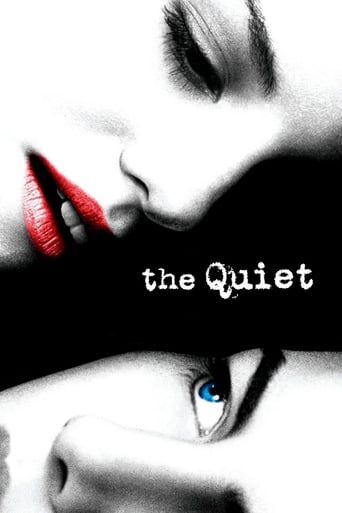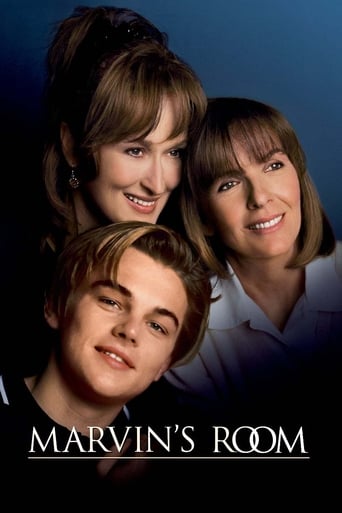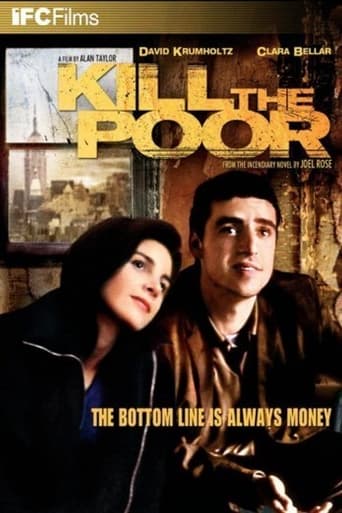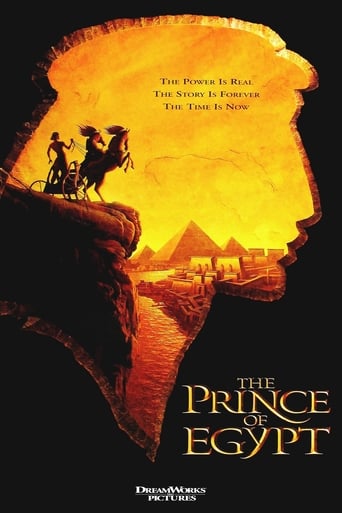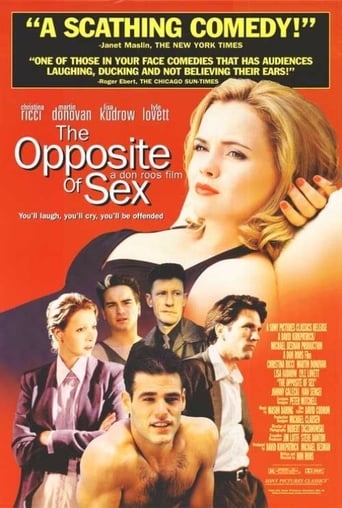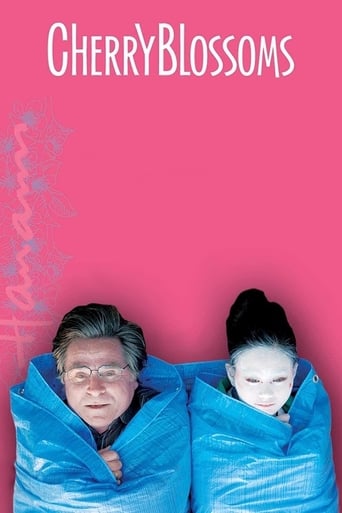
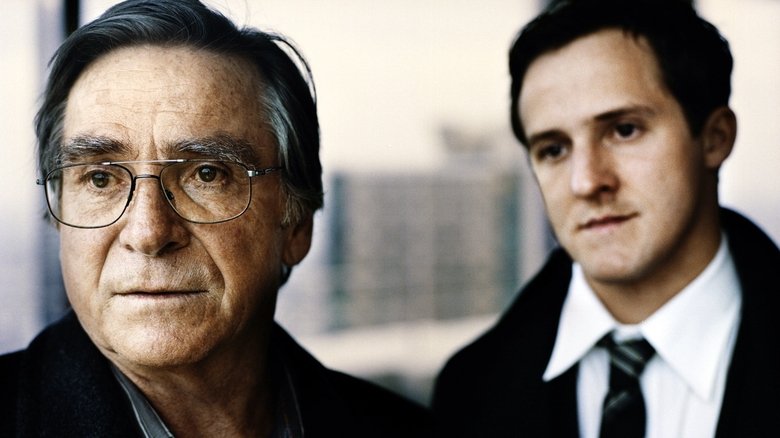
Cherry Blossoms (2008)
After finding out that her husband, Rudi, has a fatal illness, Trudi Angermeier arranges a trip to Berlin so they can see their children. Of course, the kids don't know the real reason they're visiting -- and the catch is, neither does Rudi...
Watch Trailer
Cast


Similar titles
Reviews
A very sentimental film about eternal love. After the unexpected loss of his wife while on vacations to the Baltic sea, Rudi goes to Japan to escape from his sadness, to his son's house Karl, in Tokyo. Days pass with the memories of his beloved wife Trudi, but also exploring the big city. Lost in the lights of skyscrapers at night, at day staying most of the time in the small apartment, occupied by simple housekeeping, life seems so unbearable for the lost in the bitter shadows of memories husband, until one day at the park with the blossomed cherries, he meets Yu - a young girl playing pantomime. Impressed by her slow and ritual movements, he goes closer to her and they soon become friends. But this was not to last. In a journey to mount Fuji, waiting for the mountain to be revealed to them every morning, when opening the window, days where passing. This reveal was to happen at his last day - to see the mountain with it's snowy pick. He then, moves closer to the lake, where the majestic mountain was reflected and then came to his eyes the image of himself dancing the ritual movements of the Japanese dance (Butoh) with his wife - together and forever. And immediately then, came the moment to die, by the side of the lake. A very touching film of the eternal love, but also a really true study of the contemporary way of living, which can not offer the real essence of life, to human beings. Between loss, sorrow, the lights and furor of a big city, the company of his somehow distant son - absent all day to his work, the salvation of the soul of the unlucky widower, came by the Japanese girl, dancing with the movements of the human body shadows - which means the movements of the inner unsatisfied, waiting for salvation soul. All active elements of the movie especially direction, cinematography, acting photography, music, filming locations, contributed to a very satisfying evolution of the plot above.
this was a very unexpected surprise tonight on Sunday night TV here on SBS Australia. I started watching it knowing nothing about it, but liking the quiet observational style. At the first ad-break I checked the IMDb rating, and decided it must be worth watching. Well it certainly was. Beautifully gentle and sad as well. This movie had it all - the beautiful Bavarian countryside, then a bit of Berlin with the somewhat uncomfortable children having to put up with the sudden visit of their parents, for why (only the mother knew). Then to the Baltic Sea, where against all expectations mother leaves the film and father must continue on. Then against all his normal routine Dad goes off to visit 'favourite son' who works in Tokyo. As Tokyo is one of my favourite cities to visit this was wonderful to see the daily routine of the city on film. And yes homeless people do live under canvas in Ueno Park because I have seen them - I was quite shocked when I realised what all those blue tarpaulins/tents were for. The film ends in Hakone/Mt Fuji. And there was the only disappointing note in this beautifully observed film. Yes Mr Fuji-san is shy - (spoiler alert) but surely if he was dancing for/with his wife as her last wish he would be FACING Mt Fuji not away from it? (sad truth that the camera could not be in 2 places at once though). That minor point aside, I loved this. Not having been influenced by what others have written, I will now read some of them!(2nd time around - Aug.11) Happened to see (most of) this on TV again last without initially realising what it was, namely that I had already seen it. It was just as pleasing the second time around. It has such a gentle touch this movie and it is simply and emotionally charming in a distinctive way. Rudi does not have to say much at all for us to sympathise with his situation and the actor does this so well. The butoh girl is such an interesting and charming ingenue sort of contrast - the relationship with Rudi could have been somewhat creepy but it seems quite natural the way it develops. My own intersections with places in Tokyo/Hakone also give this film a personal resonance which heighten the experience of watching it.
A German director Doris Dorrie's third film in her trilogy on Japan, Cherry Blossoms, is an exquisite, absorbing and deeply moving meditation on life, death, loss, loneliness and grief.Talking about old parents with alienated and indifferent descendants, the first half of the film may remind the audience of Yasujiro Ozu's film made in 1953, Tokyo Monogatari. The six hugging-or-massage (by family members and strangers) scenes and the father's harmonious relationships with his daughter's girlfriend and a Japanese girl successfully highlight the poor relationship between the father and his children.The second half in which the main character embarks on a reflective journey in search of traces of the deceased love captures the mood of Lost in Translation and Riding Alone for Thousands of Miles. The cultural shock experienced also makes the film distinguishable from Under the Sand.Cherry blossoms and Mount Fuji symbolize the fleeting and unpredictable nature of life. The film delivers a message that we should treasure the people around us, pursue our dreams and enjoy life to the full so that we will have no regrets. Besides, it is also about the main character's inability to communicate with not only the dead, but also the living family members. Butoh, a Japanese dance, helps people to feel and establish connections with others. What's more, the audience can pay attention to the symbolic meaning of the drawings at the beginning of the film and the photos at the end.The cinematographer and the composer also succeed in evoking different tones from several shooting locations in Germany and Japan. The suburbs contrast sharply with the hustle and bustle of city life. Apart from the poetic and stunning visual images and the Japanese music playing upon the audience's heartstrings, the characters are so lifelike that the audience will care about what happen to them.On the whole, although Cherry Blossoms is a bit too long, without emotional bludgeoning or syrupy manipulation, it is a little road movie producing emotional resonance and reflective ripples in a whisper.
Ugh... just plain ugh... why was the first 48 mins. of this film made? The director has an Ozu fetish, plainly, as they think nothing of wasting days trying to replicate the rich tapestry of Tokyo Story with an ill-disguised impatience and far less talent. Is it intended to be a critique of Ozu's work? I doubt it, the filmmakers I say do not have the courage to do such a thing. S/he even attempts to replicate Ozu's signature 'pillow shots' with far far less patience, using paranoid schizophrenic editing where it is plainly uncalled for. The actors struggle gamely on with their roles oblivious to the fact they're repeating lines already immortalized (seriously, I was reading the EXACT same subtitles every three minutes). What is missing? Ozu's deft comic touch, command of the stage and sparse use of melodrama to make a heartfelt critique of Japanese society. Instead at every turn we are to be bludgeoned by melodrama. And then the 48mins. are over and we have a side trip to Japan as clichéd as anything done previously (look for Kurosawa's Ikiru). And why must all foreigners in Japan look on askance at the Japanese pornographic manga? It seems a must for all Japanese movies, maybe I'll write in to Ebert's Movie Glossary with this one. The five stars are for the acting (which still can't save a scene where the old man dissolves into tears after looking at a magazine in his son's Tokyo apartment) and some attempt at Independence in the second half of the movie, despite how clichéd it may be.


